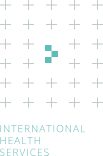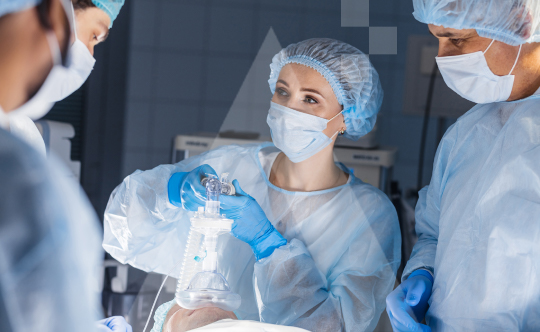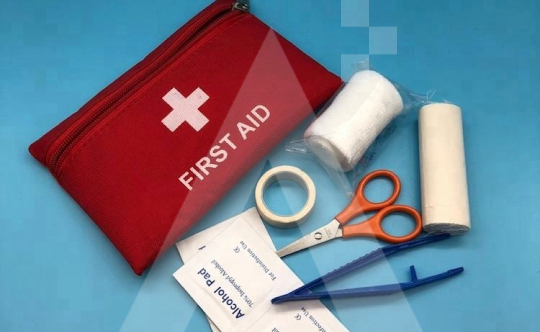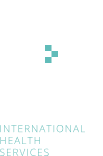
Medical Second Opinion Form
If you wish, we can help you with a second doctor's opinion on issues such as the results of your examinations, the diagnosis of your disease and the treatment options we offer you.
Treatments by Affiliated Partners 
Join our family, like our customers, how to make you feel comfortable and happy.
Why Turkey
In general, surgeries in Turkey can be up to 90 per cent cheaper, and 67 per cent of those who travel abroad take advantage of this for its private hospital treatment. That speaks a lot about how affordable our medical offers are.
TOP 17 
One of the top 17 popular countries for medical tourism today!
700,000 
foreigners visited Turkey just to take advantage of their excellent medical treatment and care services in 2018!
32% 
of the country's patients are medical tourists!
90% 
Up to 90% cheaper surgeries than other countries in the world!
ARTMED is built on flexibility, positive values, and overall positive experience, while delivering trustworthy, high successful medical services!
We call you
Collaborating with the best doctors in
 en
en  tr
tr fr
fr sq
sq de
de
 Explore Istanbul
Explore Istanbul 














